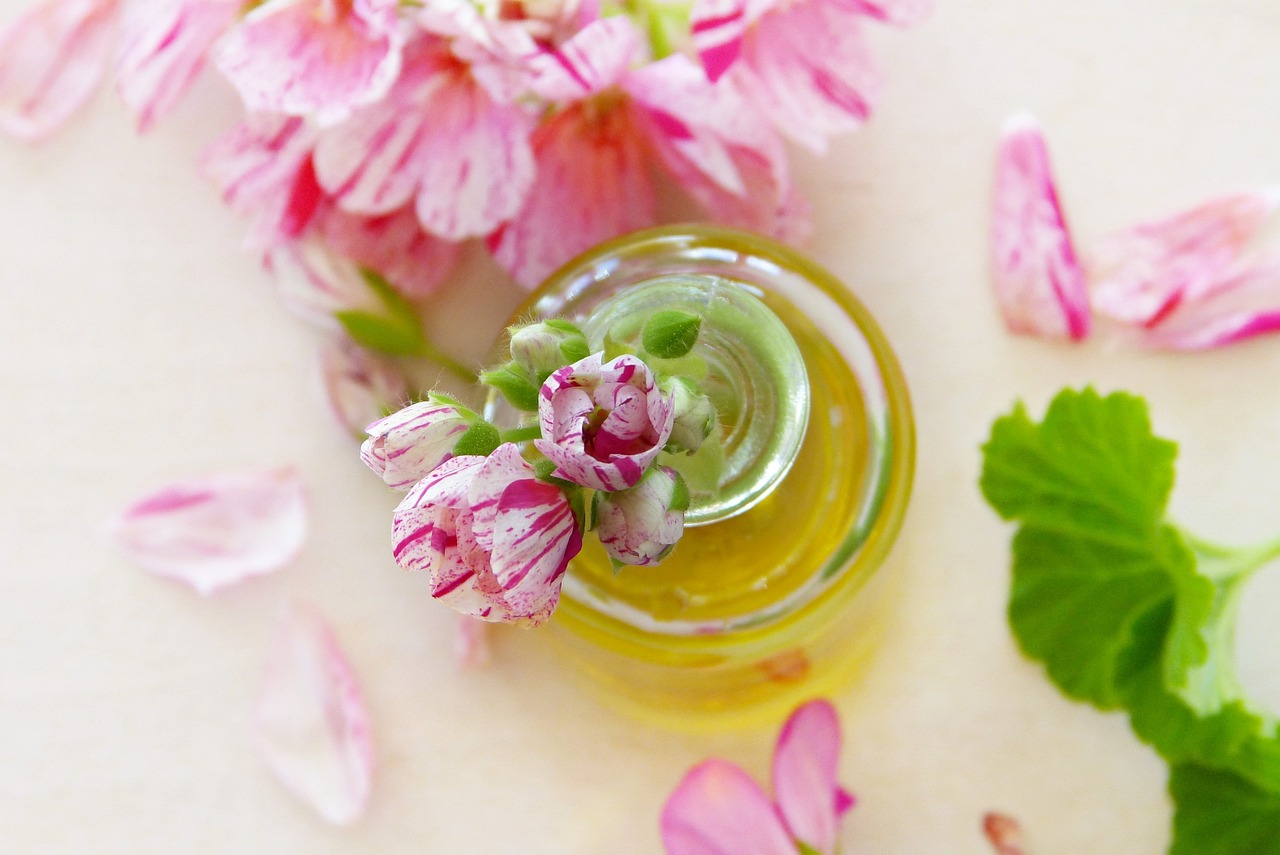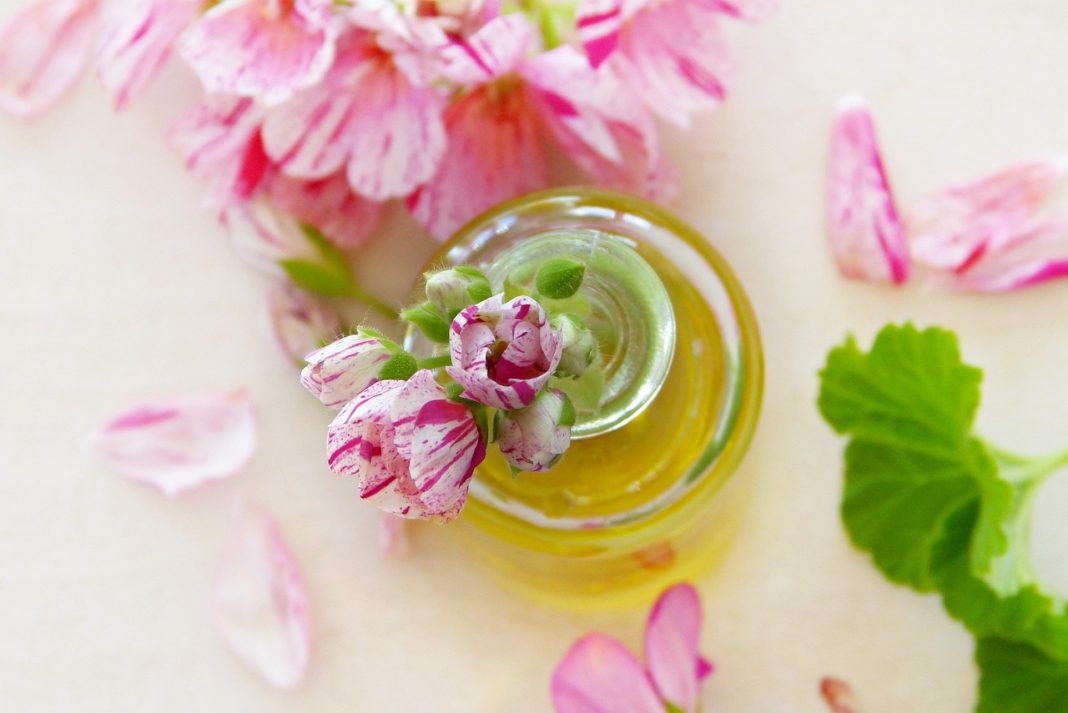
In today’s world, we are constantly exposed to a variety of environmental toxins, which can have detrimental effects on our health. From air pollution to pesticides, these toxins can be found in our food, water, and even in the products we use every day. To minimize our exposure to these harmful substances, it is important to have a solid understanding of their sources and effects. In this article, we will explore expert strategies for minimizing environmental toxin exposure, providing practical tips and insights that can help you protect yourself and your family from the negative impacts of these toxins.
1. Understanding the Risks: A Guide to Environmental Toxins
Environmental toxins are substances that can harm living organisms, including humans, wildlife, and plants. They can be found in the air we breathe, the water we drink, and the food we eat. Exposure to these toxins can lead to a range of health problems, including cancer, birth defects, and neurological disorders. It is essential to understand the risks associated with environmental toxins to take appropriate measures to protect ourselves and our environment.
Some common environmental toxins include lead, mercury, pesticides, and air pollutants. Exposure to these toxins can occur through inhalation, ingestion, and skin contact. Children, pregnant women, and individuals with compromised immune systems are particularly vulnerable to the harmful effects of environmental toxins. To reduce exposure to these toxins, it is important to be aware of potential sources, such as contaminated soil or water, and take steps to avoid them. This can include using protective equipment, such as masks or gloves, and choosing products that are free of harmful chemicals. By understanding the risks associated with environmental toxins, we can take steps to protect ourselves and our environment.
- Avoid smoking and secondhand smoke. Cigarette smoke contains numerous toxic chemicals that can harm your health and the environment. Avoid smoking and secondhand smoke to reduce your exposure to these harmful substances.
- Choose organic foods. Organic foods are grown without the use of synthetic pesticides and fertilizers, which can contaminate soil and water sources. Choosing organic foods can help reduce your exposure to these toxins.
- Reduce your use of plastics. Plastics can contain harmful chemicals, such as bisphenol A (BPA) and phthalates, which can leach into food and water. Reduce your use of plastics by using reusable containers and bags.
2. Expert Strategies for Minimizing Exposure to Environmental Toxins
To minimize exposure to environmental toxins, experts recommend the following strategies:
- Avoid using pesticides and insecticides: Pesticides and insecticides are commonly used in households and gardens. However, they contain harmful chemicals that can cause serious health problems. To minimize exposure, try to avoid using them as much as possible. Instead, opt for natural alternatives like neem oil, garlic, and soap spray.
- Choose organic foods: Organic foods are grown without the use of synthetic pesticides and fertilizers. They are also free from genetically modified organisms (GMOs) and antibiotics. Choosing organic foods can significantly reduce your exposure to harmful chemicals.
- Use natural cleaning products: Many cleaning products contain harsh chemicals that can cause respiratory problems, skin irritation, and other health issues. To minimize exposure, switch to natural cleaning products like vinegar, baking soda, and lemon juice.
Other strategies include avoiding plastic containers, using air purifiers, and reducing exposure to electromagnetic radiation. By adopting these strategies, you can significantly reduce your exposure to environmental toxins and protect your health.
3. Implementing Effective Solutions: Practical Tips for Reducing Environmental Toxin Exposure
Reducing environmental toxin exposure can be a daunting task, but there are practical tips that can help. Here are some effective solutions to consider:
- Avoid using pesticides and herbicides: Pesticides and herbicides are known to contain harmful chemicals that can affect human health. Instead, opt for natural methods such as hand weeding or using organic alternatives.
- Choose natural cleaning products: Many cleaning products contain harsh chemicals that can be harmful to both humans and the environment. Look for natural alternatives that are free of chemicals and toxins.
- Reduce plastic use: Plastic is a major source of environmental toxins. Reduce your plastic use by opting for reusable bags, water bottles, and containers.
Other practical tips include improving indoor air quality by using air purifiers, reducing exposure to lead and other heavy metals by avoiding old paint and plumbing, and choosing organic foods to reduce exposure to pesticides and herbicides. By implementing these solutions, you can reduce your exposure to environmental toxins and improve your overall health and well-being.
In conclusion, minimizing environmental toxin exposure is an essential aspect of maintaining good health and well-being. By following the expert strategies outlined in this article, you can take proactive steps to reduce your exposure to harmful toxins in your environment. From choosing organic foods to using natural cleaning products, there are many simple yet effective ways to protect yourself and your loved ones. By making conscious choices and taking action, we can all contribute to a healthier and more sustainable future for ourselves and our planet.








